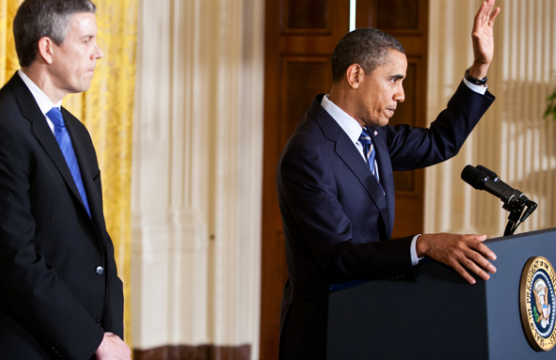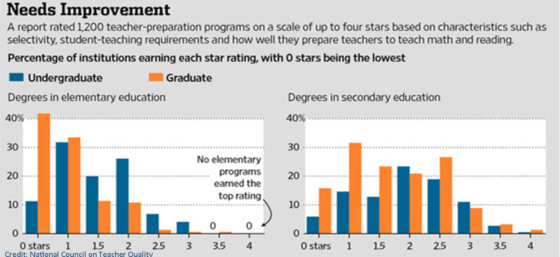Compartimos un resumen (en inglés) de la conferencia internacional de PREAL sobre la efectividad docente, en la Ciudad de Guatemala el 22 de octubre. Les invitamos a ver más información, la agenda y las presentaciones en línea, también: https://www.preal.org/Seminario.aspId_Seminario=3&Id_Seccion=1
International Conference 2010:
Teacher Effectiveness
On October 22, 2010, PREAL and the Universidad del Valle de Guatemala, with support from the Center for National Economics Research (CIEN), organized an international conference on teacher effectiveness. The conference, which took place in Guatemala City, sought to raise the profile of teaching as one of the most important determinants of education quality and to review successful international experiences in making teachers more effective. As well, it sought to further the regional discussion on the subject of school leadership as a key factor in teaching improvement, and included elements of the October 2009 Mexico City conference on this subject.
“A set of policy options centered on fair yet rigorous evaluation of teaching and learning is emerging across the hemisphere,” noted PREAL co-director Jeffrey Puryear. “The presentations at this conference, while just a sampling of the innovations out there, illustrate the advances over the past 10 years.”
Seven international education experts gave presentations, including Emiliana Vegas, senior education economist at the World Bank; Elaine Allensworth, senior director of the University of Chicago’s Consortium on Chicago School Research; Gonzalo Muñoz, chief education researcher at the Fundación Chile; Alejandro Morduchowicz, professor at UNESCO’s International Institute for Educational Planning (IIEP) in Argentina; Leticia Gutiérrez, director-general of teacher training at the ministry of education in Mexico; Barbara Hunt, a US specialist on teacher evaluation; and Joaquín Samayoa, former vice-rector of education sciences at the Universidad Centroamericana in El Salvador.
In the opening panel, Barbara Hunt, author of a PREAL Working Paper on teacher effectiveness, reviewed international literature on methods for evaluating and improving teacher performance, such as value-added assessments and innovative recruitment programs like Teach for America. Vegas discussed the World Bank’s new global initiative, “Benchmarking Education Systems for Results” (BESR), which documents and assesses the quality of different countries’ policies on teaching – and inspired, in part, by PREAL’s education report cards. .
Elaine Allensworth, co-author of Organizing Schools for Improvement; Lessons from Chicago, led the second panel with a review of Chicago-based of programs designed to integrate teaching, family and the community to improve learning levels. Gonzalo Muñoz, a former Chilean ministry official, followed with a summary of various innovative policies for strengthening school leadership implemented in Chile that have had an impact on teacher performance.
In the third panel, which focused on the labor practices of the teaching profession, Alejandro Morduchowicz, author of a PREAL Working Paper on teacher remuneration, discussed the possibilities for using teacher supply, demand and salary as policy tools for improving teacher effectiveness.
In the fourth and closing panel, Leticia Gutiérrez discussed innovative teacher development models being implemented as part of the Mexican Secretary of Public Education (SEP)’s education reform agenda, and Samayoa presented the Centers of Excellence for Teacher Training (CETT) as a successful model of a regional public-private partnership in Central America and the Caribbean for improving education quality by improving in-service teacher training.
A diverse group of over 200 people attended the event, including policymakers, teachers, government and education officials, members of the press, and business and civil society leaders from 16 countries. Ministry and teachers unions’ officials from nearly every country in Central America attended, including a Salvadoran delegation of 12 financed by the USAID mission in El Salvador.
“This was a unique opportunity to learn the range of practices being implemented in the field (of teacher policy) today,” noted Dennis Cáceres, of the ministry of education in Honduras. Many appreciated the chance to meet with leading practitioners and discuss ongoing initiatives in the region. “The papers, presentations and conversations here will be of great interest to my teaching colleagues, and I plan on sharing them,” noted Max Rodriguez, representative of the Bases Magisteriales teachers’ union in El Salvador.
Other speakers and moderators included PREAL co-directors Marcela Gajardo and Jeffrey Puryear; Denise Vaillant, coordinator of the PREAL Working Group on Teacher Professionalization; Edgar Jiménez, consultant to the Mexican ministry of education; Jorge Lavarreda, executive director of CIEN; Verónica Spross, executive director of Empresarios por la Educación in Guatemala; and Roberto Moreno and Jacqueline García de León, president and dean of education, respectively, of the Universidad del Valle in Guatemala.
Por más información sobre el seminario, vea: https://www.preal.org/Seminario.asp?Id_Seminario=3&Id_Seccion=1






















